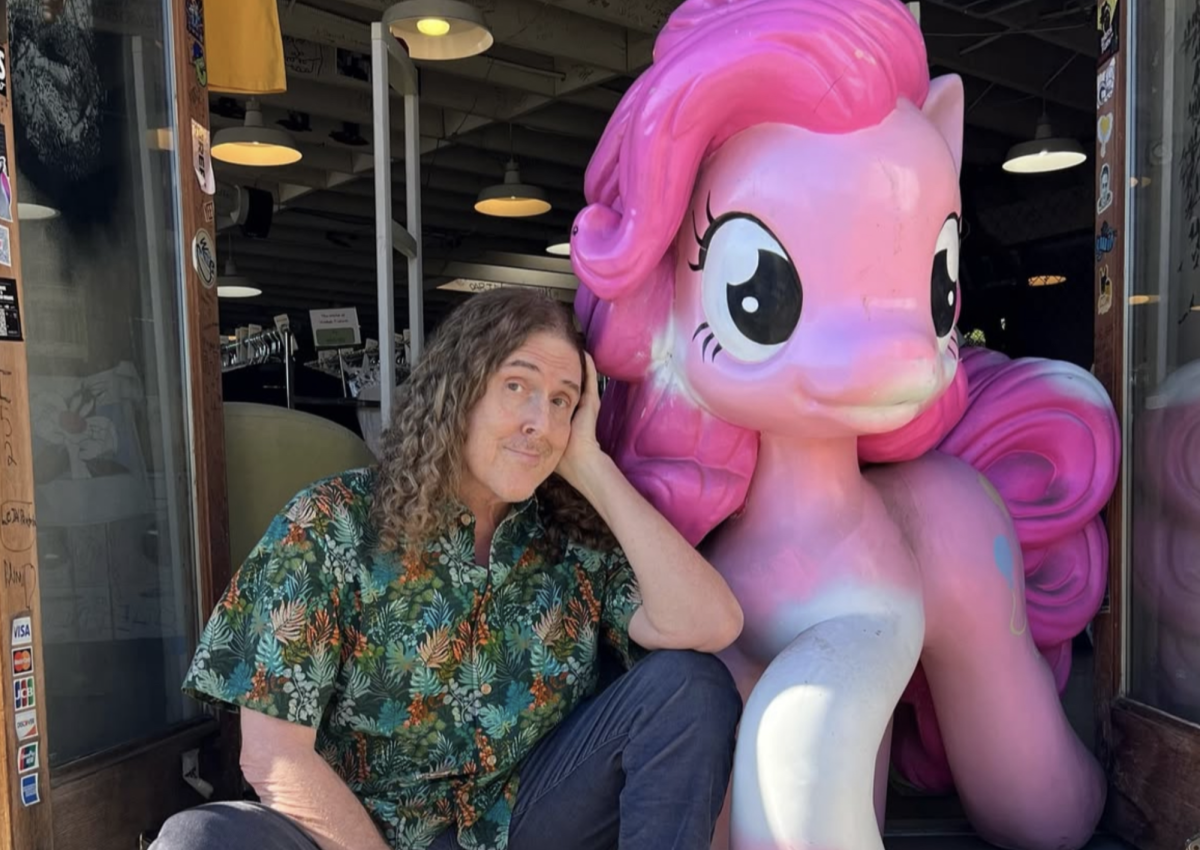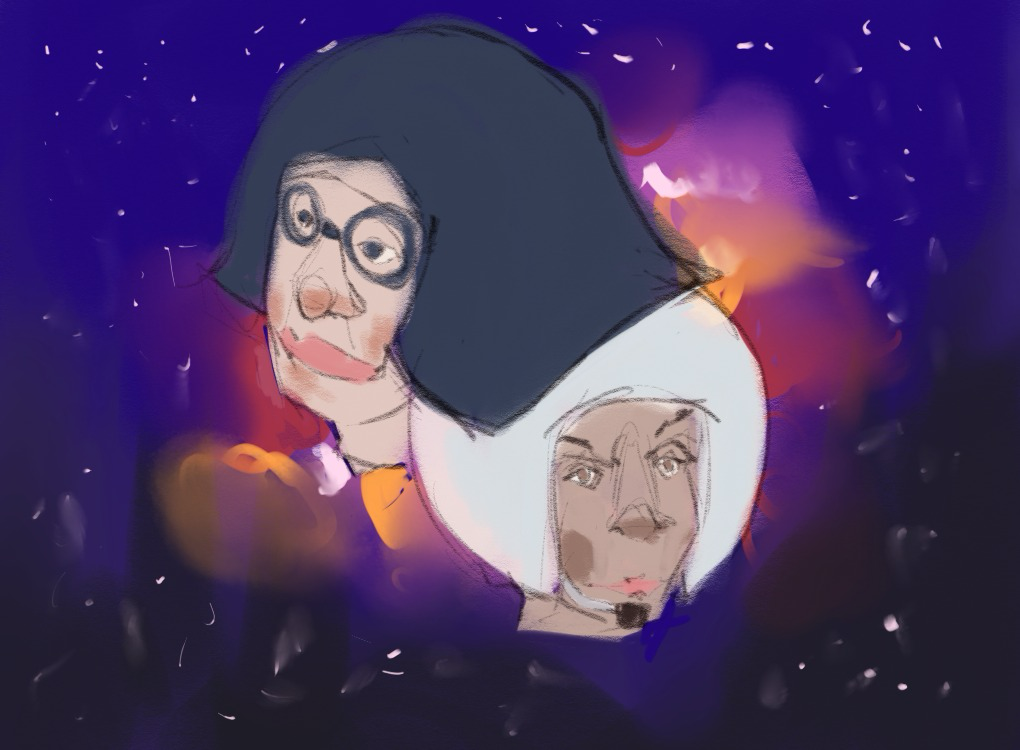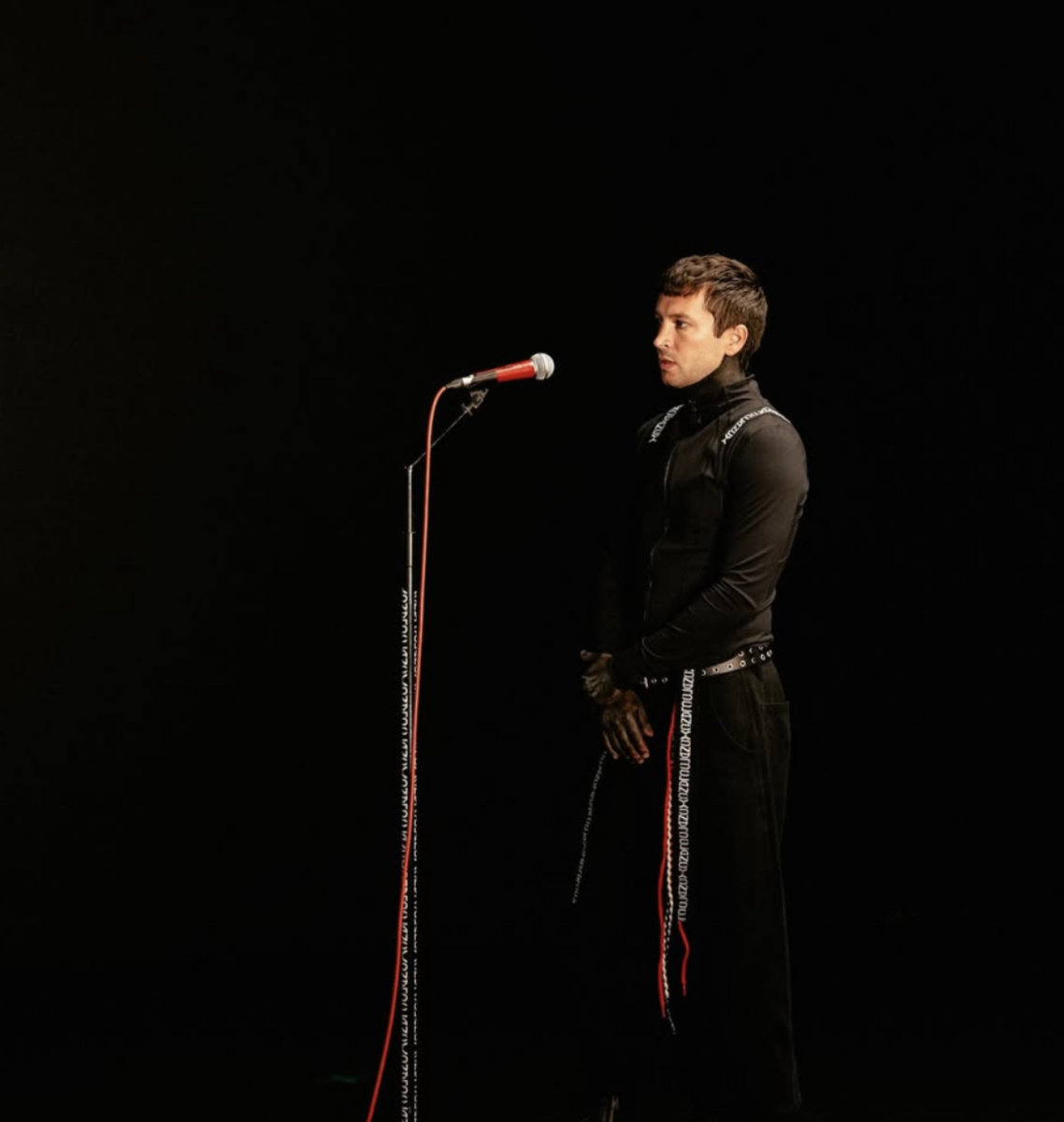
In a television landscape oversaturated with content and dominated by consistently competing networks, Mike White’s “The White Lotus” stands out from the crowd due to its unique format. Each season follows an almost entirely new cast of characters as they explore a distinct and exotic location of the White Lotus resort, a luxury vacation chain that spans all corners of the globe. The opulent setting is offset at the beginning of each season by a flash forward to the murder of a yet-unknown character, leaving audiences to speculate about who will be killed through the entire runtime.
The new locales, ever-changing cast and concept of suspense lay the groundwork for not only a continuously fresh and exciting story–usually paired with gorgeous aesthetic shots of enviable destinations–but lend themself to the show’s deeper attempts at thematic exploration and class commentary.
However, this third season had a challenge to face– the question of whether this recurring format has become too stale. How much media can audiences possibly consume of rich people doing rich people things before the conceit itself becomes tired? Still, Season 3, which takes audiences on a tropical trip to Thailand, cemented my confidence in the show, as the sex, drugs, financial crimes, gossip and murder imbued plot fully delivers on sky-high expectations, with only a few notes.
Season 3 contained the reappearance of fan favorites from Season 1, Belinda (Natasha Rothwell), a spa worker who ventures to the White Lotus in Thailand to improve her skills, as well as her always-entertaining, somewhat comic relief son, Zion (Nicholas Duvernay). Belinda goes through an incredibly well-contained and emblematic arc this season, as she abandons her morals in the pursuit of wealth. Her singular character not only ties together what can sometimes feel like disparate seasons, but the show’s themes in general. While somewhat straightforward, the grounded performance of Rothwell brings some much-needed relatability to the sometimes larger-than-life characters of the show, and, along with the charisma of Duvernay, gives audiences someone to root for–– before the rug is pulled from our expectations and her very ethical core shifts. The message is as clear as always: Money corrupts.
Speaking of wealth and evil, the story of the Ratliff family, an upper-class family from North Carolina made up of the father Timothy (Jason Issacs), housewife Victoria (Parker Posey), eldest son Saxon (Patrick Schwarzenegger), daughter Piper (Sarah Catherine Hook) and youngest son Lochlan (Sam Nivola), takes up most screen time of the season, as each member grapples with individual struggles.
Timothy, who has been caught for financial crimes, acts as the story’s throughline as he contemplates extreme measures to hide the life-altering truth from his family, while his children each struggle to find themselves, with issues ranging from the sexual to the spiritual. All the while, Posey acts in an entirely different show, as an out-of-touch but deeply hilarious southern belle. The family’s dynamic was the most entertaining aspect of the season, leading to the twists, turns and even compelling moments of character growth.
Longtime friends Jaclyn (Michelle Monaghan), a famous and wealthy actress, Kate (Leslie Bibb) an Austin socialite and wife and Laurie (Carrie Coon), a down-on-her-luck lawyer, fascinate as well. The dialogue and mannerisms of these ladies so perfectly capture the complex dynamics of certain female friendships. The mix of backstabbing gossip contrasted with unending loyalty makes one feel like they are witnessing a middle school cafeteria, a tense workplace or are out to brunch with the girls.
It would be all too easy to write the group off as purely vapid; however, the show does not pass judgment. In fact, as Coon’s character’s show-stopping and genuinely tear-inducing monologue at the end perfectly summarizes, there is true good to be found in this sort of misunderstood, female-focused relationship.
Finally, there is Walton Goggins portraying Rick, a stony and mysterious man out for revenge, contrasted by his sunshine-incarnate, much younger girlfriend, Chelsea (Aimee Lou Wood). While Wood’s performance as Chelsea was absolutely endearing, her dynamic with Rick was never fully convincing, as Goggins’ stoic portrayal of the character led to a certain lack of chemistry. While I do believe Chelsea truly loves Rick and is not just in it for the money, I was just never sure why, especially after the couple’s tragic fate in the end.
In a season of so many characters, some are bound to be underutilized. Usually, a core theme of the show is to explore the effects of tourism through the lens of a character native to the area. This season’s attempt, Gaitok (Tayme Thapthimthong), the resort’s security guard, fell flat in almost every way, as his character was both uninteresting and frustratingly unclear in his decision-making. The show even managed to underutilize Lalisa Manobal, better known as Lisa of Blackpink fame, in pursuit of this overly boring narrative.
On the note of poor plot management, the runtime could have been cut down and used more intentionally, even though it was still a truly entertaining season.
Overall, though, Season 3 has cemented “The White Lotus” as a hallmark of the modern television canon, with record-breaking audience numbers, a hyper-engaging storyline and mostly memorable, you-love-to-hate-them type characters.




















